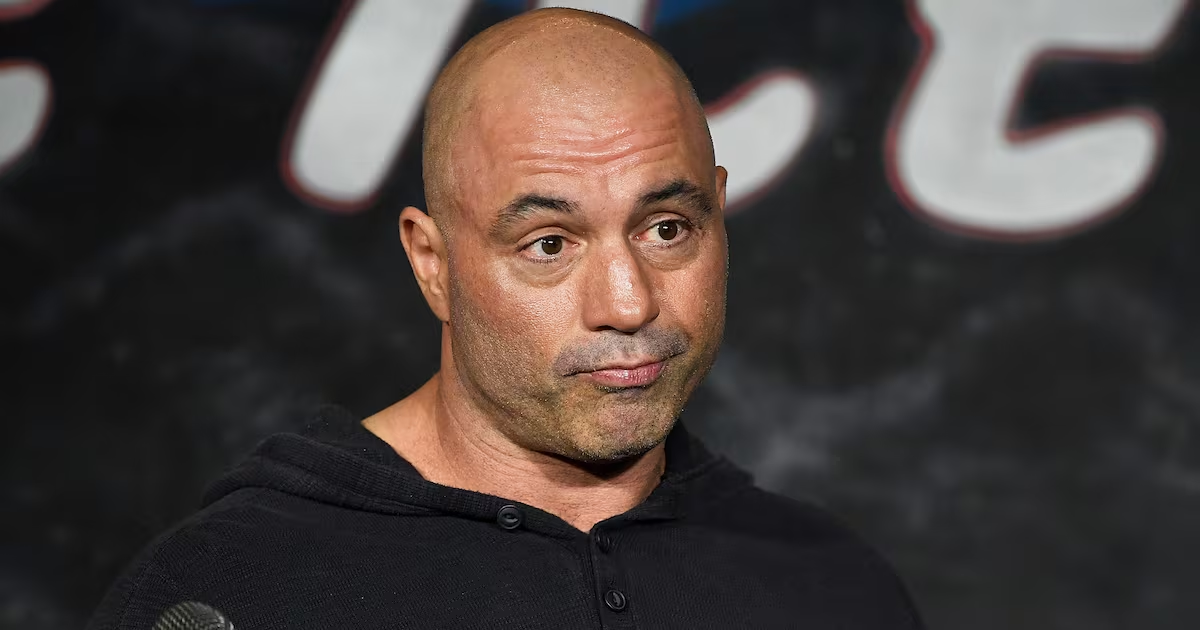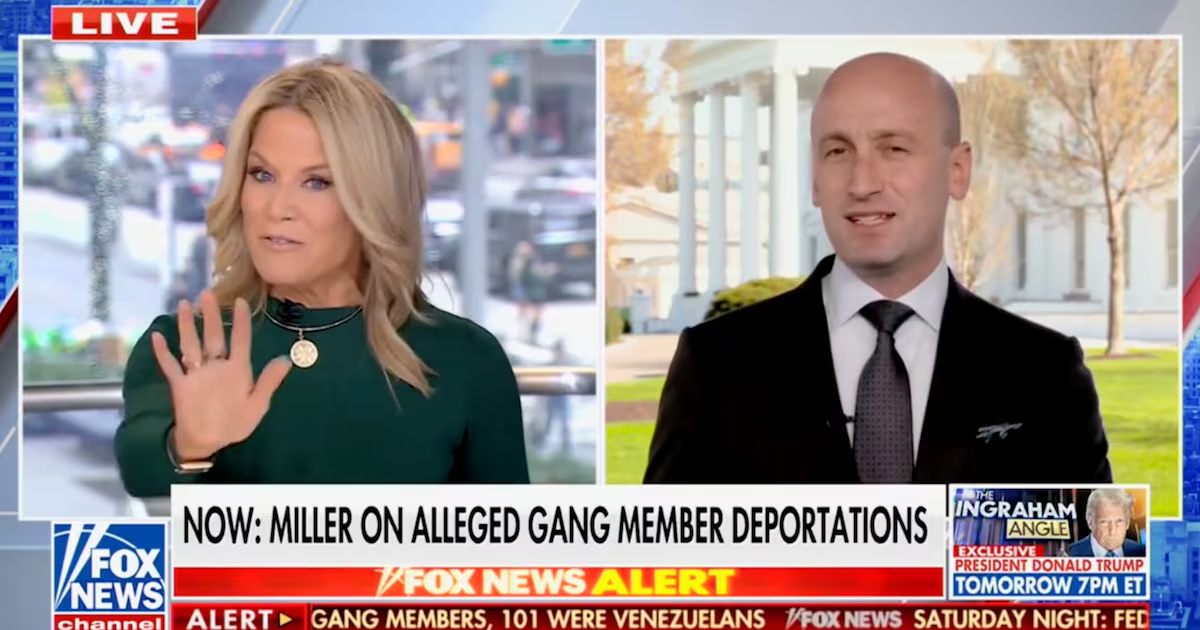Sunday’s watershed vote in Venezuela turned into an unprecedented tragedy when at least 16 people were killed across the country after the government violently cracked down on protests.
For many Venezuelans in Caracas, Sunday was indicative of a new post-democratic era. Monday, that new era started in earnest.
Just after midnight, the country’s top intelligence service, SEBIN, stormed the homes of two of the country’s top opposition leaders, Leopoldo Lopez and Antonio Ledezma. Both had already been under house arrest when the officers dragged them away, reportedly to the Ramo Verdea military prison.
During their house arrest, they’d been broadcasting messages using Periscope, a live-streaming service that has become extraordinarily popular in Venezuela, encouraging their supporters to oppose President Nicolás Maduro.
Perhaps ironically, hours before his arrest Ledezma had lambasted the opposition coalition, MUD, for its many failures in the lead-up to Sunday’s vote. But he also said that MUD had to execute on promises it had made during a symbolic protest election held two weeks ago to create a separate government and boycott regular elections.
Video emerged of Ledezma’s arrest—in it, one woman asks the SEBIN officers, “what’s happening,” and Ledezma can be heard saying “help” as he’s dragged away.
To justify the arrests, the Venezuelan Supreme Court said it had received information that Lopez and Ledezma were planning to flee. The leaders were jailed just one day after the United States opted to forego broad economic sanctions targeting the country’s massive oil industry and instead chose to directly sanction President Maduro.
On Monday afternoon, some in the opposition, like Venezuelan congressman Miguel Pizarro, were nervously awaiting the arrests.
“I think Sunday signed our death warrant,” said Pizarro, “I expect they’re going to start arresting us, but even if they arrest us they’re not going to stop us.”
Still, the move came as a shock to many Venezuelans, so much so that two people who spoke to The Daily Beast Tuesday morning said they were seriously preparing escape plans.
They would be fleeing not just political violence, but also an ever more brutal economic crisis as the value of the country’s currency, the bolivar, has collapsed since Maduro came to power in April of 2013. In just the past week, the already diminished bolivar lost a third of its value against the dollar, according to the site Venezuela Econ, which tracks its black-market rate.
The failure of Venezuela’s opposition to mount any cohesive and successful effort against the ruling government has left many supporters exasperated and angry.
“I guess they must have some grand strategy for this that I can’t even imagine,” said one supporter at a protest on Sunday who asked not to be identified “because I can’t imagine they could be this incompetent.”
After the vote, on Monday, another supporter of the opposition mocked its call for Venezuelans to turn off their cars at noon in a show of resistance.
“Forty-eight hours ago, they were telling us we’d march on the presidential palace at Miraflores. Now they’re telling us to turn off our cars at noon.”
Phil Gunson, an expert in Venezuelan politics and senior analyst at the Andes Project says that MUD had previously found some success accumulating strength through the electoral process, but that with Maduro, life has been different.
“Although MUD pursued that strategy successfully in the past, even with the election in 2015, the Maduro government eventually came to the conclusion that it could not win elections,” says Gunson, “so they decided not to compete in them anymore. That presented MUD with a considerable dilemma, which they confronted by taking to the streets.”
But the government has not shown any desire to negotiate, says Gunson, and instead has ratcheted up the oppression to match the demonstrations on the street.
Now the country’s opposition is at a critical crossroads because they’ve realized that neither elections nor street demonstrations can persuade the government to restore democracy. And the clock is ticking because with the new constituent assembly, which the Maduro government is rushing to convene today, the ruling government will have the legal authority to rewrite all the rules and write the opposition completely out of the picture.
It seems to many that the only hope left for Venezuelans looking to restore democracy is an enormous amount of international pressure, or an escalation of violence.





